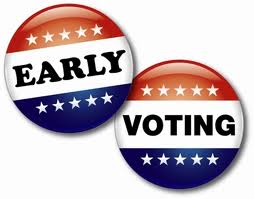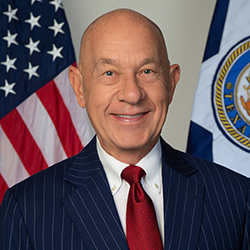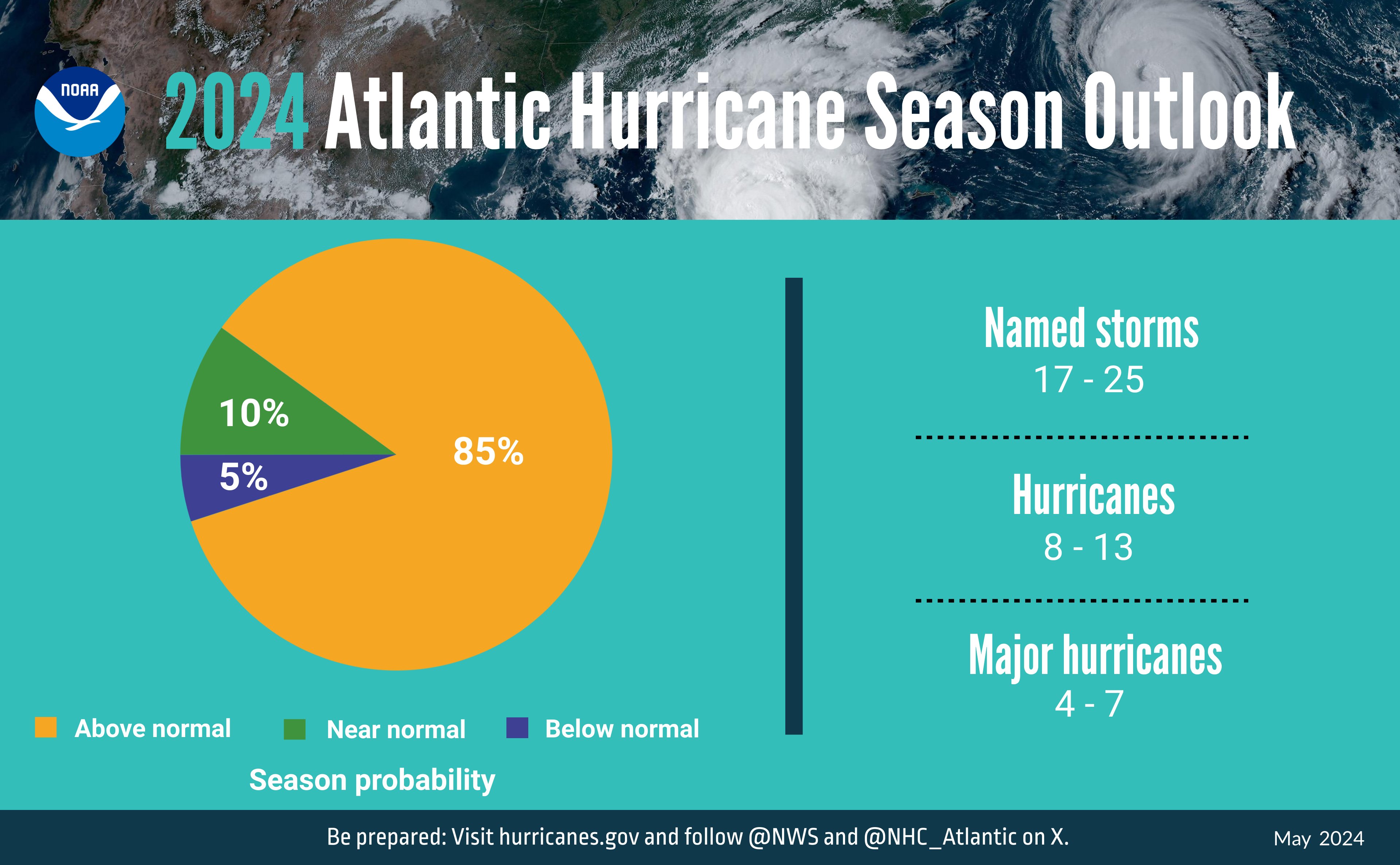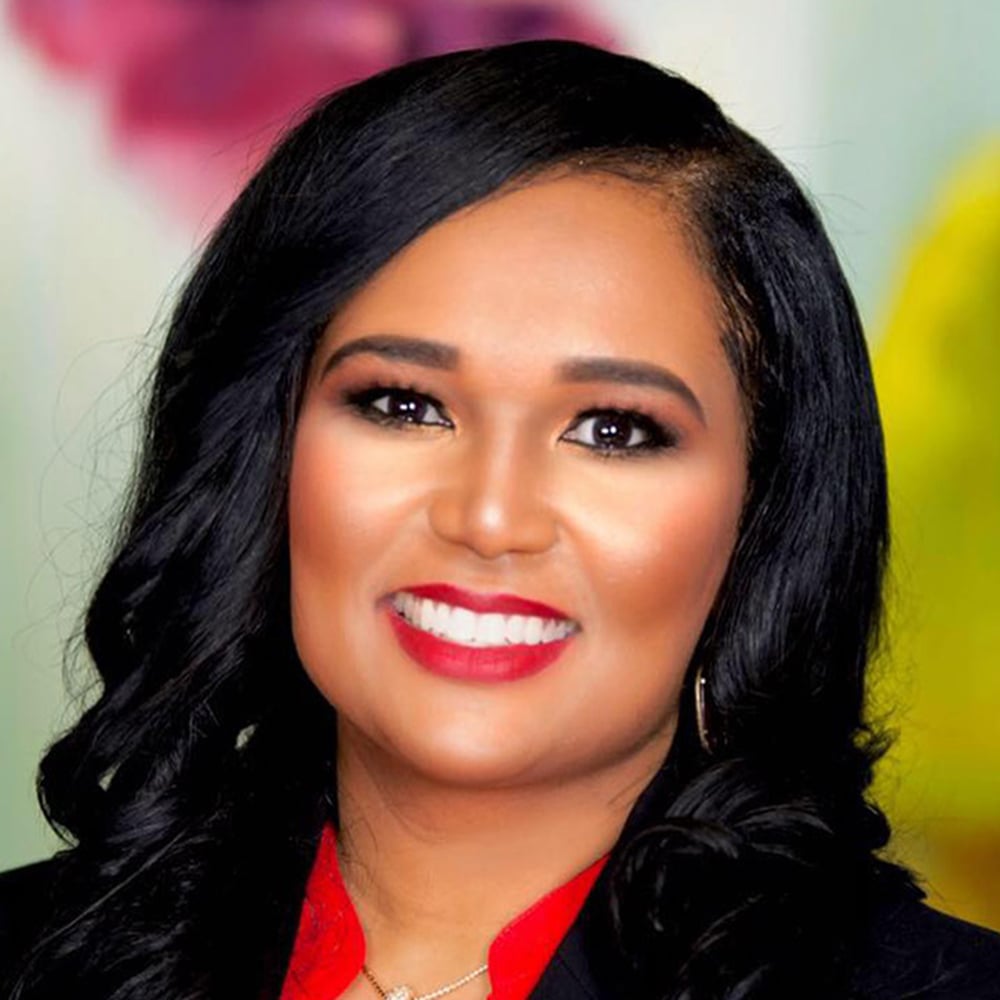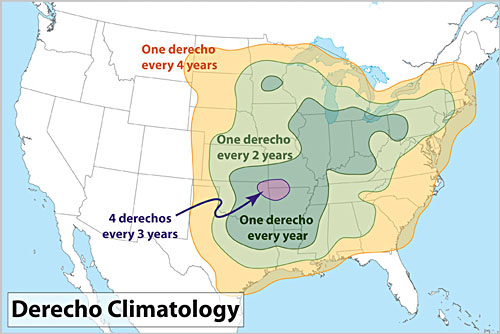I’m so mad about this I’m having a hard time seeing straight.
Metro is beginning to steer in a different direction under Mayor John Whitmire and his appointed chair of the transit agency, pulling away from a planned expansion of bus rapid transit approved by voters, and moving toward increased roadwork instead.
“I’m here to let everyone know this is a new beginning. We’re not going to tolerate broken infrastructure, whether it’s our roads and streets or our drainage,” Whitmire said during the groundbreaking for a Metro project to repave all lanes of Westheimer from the 610 West Loop to downtown. “We’re going to fix Houston.”
An increased focus on road repairs is just one part of the new direction of Metro. In addition to putting off the bus rapid transit expansion, the agency appears ready to scrap plans for a bikeshare program.
When it comes to expansion of public transit, Whitmire and new Metro Board Chair Elizabeth Gonzalez Brock are placing their hopes in microtransit, such as expanded shuttle service and rideshare.
“Uber has set the standard for what transportation should look like in the future,” Brock said recently.
Whitmire’s approach to the Metropolitan Transit Agency of Harris County echoes his moves on transportation projects in Houston, where he has paused multimodal street development and narrower designs in favor of preserving more lanes for traffic.
[…]
The week before the Westheimer press conference, Metro took down the webpages for the University, Gulfton, and Inner Katy bus rapid transit projects. The trio of projects would have added 75 miles of BRT as part of the agency’s METRONext program. That program was at the center of a $3.5 billion bond election approved by 68 percent of voters in 2019.
Brock points to Whitmire’s election last November, where he took just under 65 percent of the vote, as an endorsement of the mayor’s transportation plans. The mayor nominates – and City Council approves – five members of Metro’s nine-member board.
“The public authorized (the bond), they didn’t mandate it,” Brock said. “The public expects us to be very nimble and expects us to be responsible with taxpayer dollars.”
Brock is reluctant to issue the voter-approved bonds for projects that Metro leaders see as questionable investments. If the agency does issue the bonds, she said the money would be used for public safety, infrastructure, and microtransit.
Both Whitmire and Brock said the bond election occurred before changes in technology and work habits changed Houston’s public transit needs, but microtransit programs and technology are not a new development in transit technology.
“Microtransit-type operations have been around for 10, 15 years,” Eccles said. The option was considered during planning for METRONext, he said, resulting in the agency’s current curb-to-curb shuttle service.
Brock and Metro’s interim CEO and President Tom Jasien said the BRT pages were taken down due to information they thought leaned more into the side of advocacy about the projects rather than facts.
Metro did not commit to putting the webpages back up, although an update could come soon. Brock said expanding BRT still is an option, but only if it makes sense in terms of ridership and financial viability.
“Is ridership there today? I don’t think so,” Brock said, calling ridership the all-encompassing “north star” for the new Metro board’s decision making.
See here and here for some background. The utter arrogance of that statement about the public just “authorizing” the bonds is infuriating. It’s gaslighting of the most insulting kind. I don’t know what Elizabeth Brock was doing in 2019, but I’m old enough to remember that election. Metro asked the public for their vote to authorize those bonds so they could then be used to build more rail and BRT lines. They were very explicit about it. That’s why almost 68% of the voters, over 223K people, gave them their votes. Which, if you’re going to point to Mayor Whitmire’s election results, both exceed what he got last December. By a lot in the case of the raw votes.
Jesus Christ. I’m also old enough to remember the 2003 Metro referendum, which was the first time we voted to build the Universities line. That got stopped in its literal and figurative tracks by a now-former member of Congress who decided that what he wanted was more important than what the voters wanted. When we finally got rid of that asshole in 2018, I thought maybe finally we’d get the thing we had voted for 15 years before. Never in my weirdest dreams did I think the next obstacle to this long-overdue project would be a Metro Chair. What the hell do we have to do to get what we voted for?
I can’t leave this alone either:
During Metro’s May committee meetings, staff indicated that increasing bus service in Gulfton remains a goal this summer. That is unlikely to include a commitment to the bus rapid transit line.
Whitmire and Brock took issue with the METRONext BRT projects being presented as drainage projects, with the mayor specifically saying that Gulfton does not flood.
Sandra Rodríguez, the Gulfton super neighborhood council president, disagreed, having been involved with METRONext planning since 2017.
“We do flood, and when we have heavy rains, like everywhere in Houston, we can’t get where we need to go,” Rodríguez said, citing the impact that Hurricane Harvey had on the area. She pointed out that Gulfton was one of two communities selected to help develop a citywide toolkit around sidewalk drainage, and questioned why Gulfton would be selected if the area does not flood.
“These BRT projects are street improvements, improving the infrastructure in the city of Houston,” Eccles said. “That’s what I thought we wanted Metro to be doing more of.”
The mayor, however, took it a step further following the Westheimer press conference, questioning whether Gulfton residents actually want access to an area like the Galleria.
“They’re largely undocumented immigrants. They just want basic services. They don’t want to be part of the Galleria,” Whitmire said. “You think they’re going to be welcome in the Galleria?”
The comment rankled Rodriguez.
“I don’t know who he’s been talking to in the Galleria that they don’t want people from Gulfton,” she said, pointing out that many Gulfton residents work in the Galleria as she once did. Beyond that, Gulfton residents still are consumers who shop in the Galleria.
“I really thought we were past that,” she said. “What I’m seeing, it feels like the community’s voice doesn’t matter. That all these years that we’ve invested and put into these projects and these planning efforts doesn’t matter.”
Emphasis mine. That’s just straight up racist. It’s embarrassing on many levels. And as is usually the case when the Mayor gives some “I talked to this guy who agreed with me” justification for opposing a non-car transit matter, he is at best misinformed. LINK Houston surveyed Gulfton residents in 2022 about what they wanted. Not that Mayor Whitmire has any interest, it seems. Well, at least the people who are vocally supporting the Montrose and Durham-Shepherd projects can console themselves with the knowledge that the Mayor isn’t listening to other neighborhoods, either. If you’d like to hear more about this, listen to Friday’s CityCast Houston and this week’s Good, Bad, and Ugly on Houston Matters, in which I had a few things to say.



